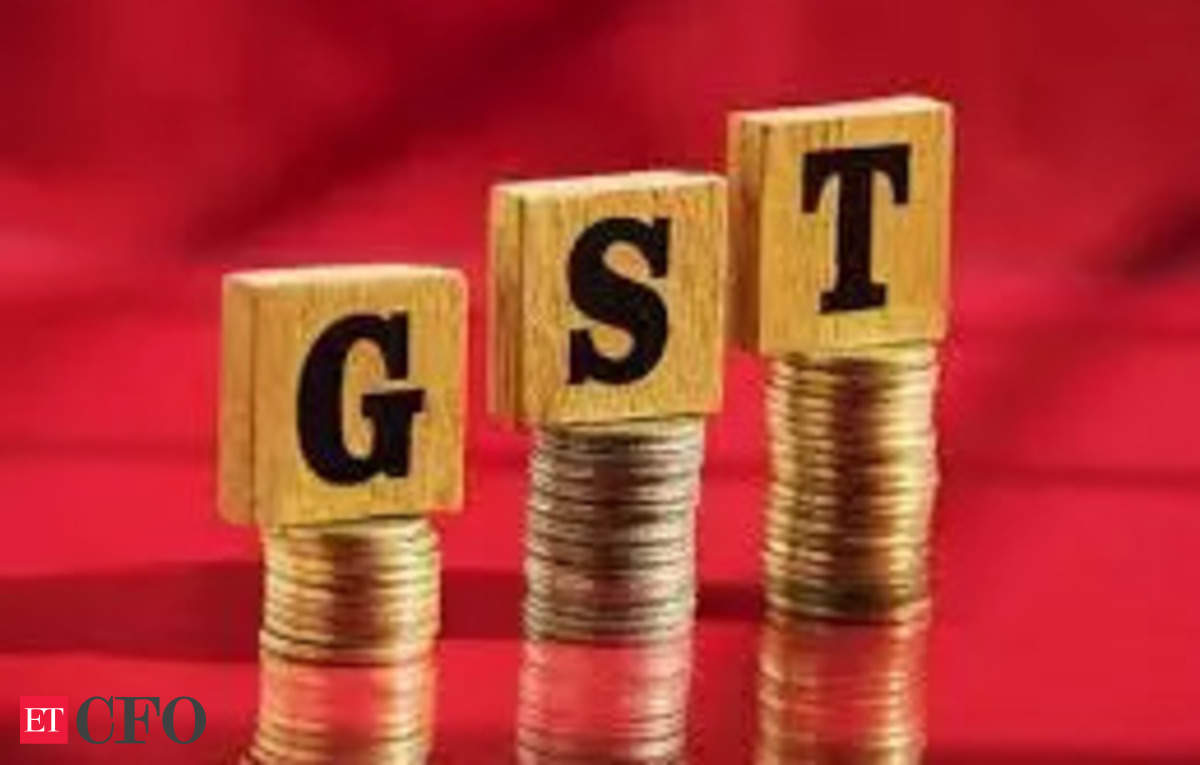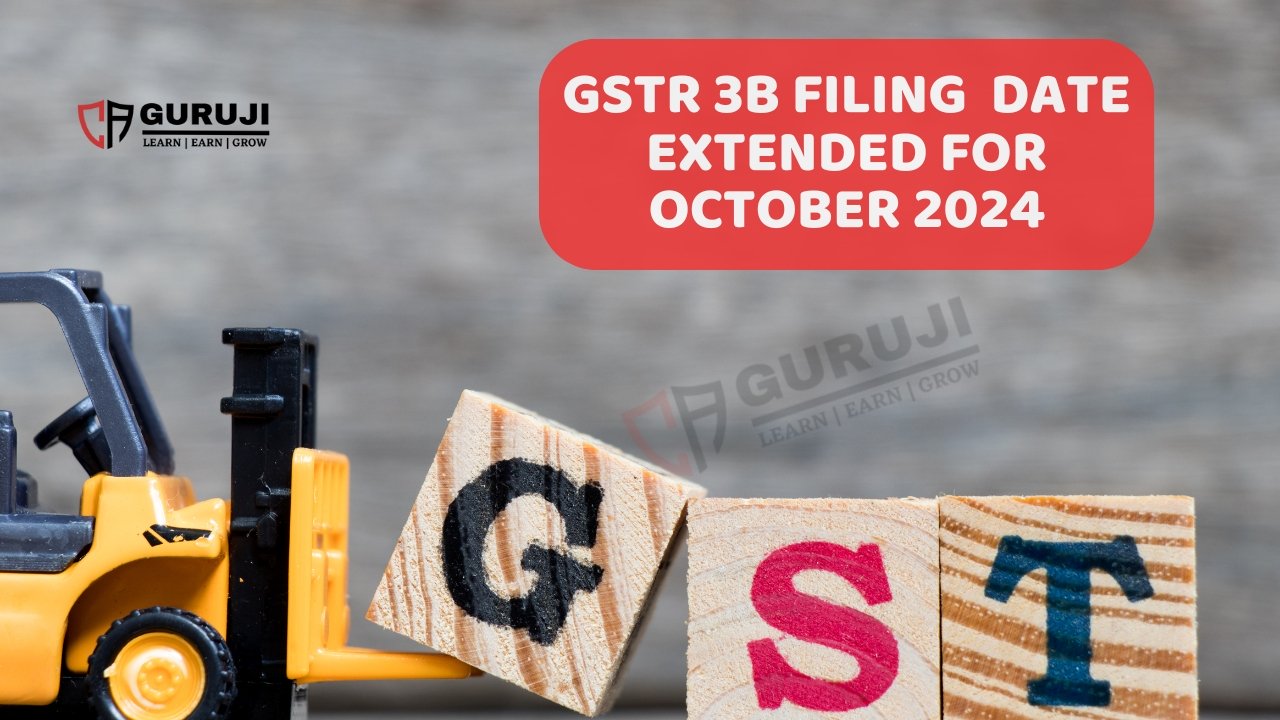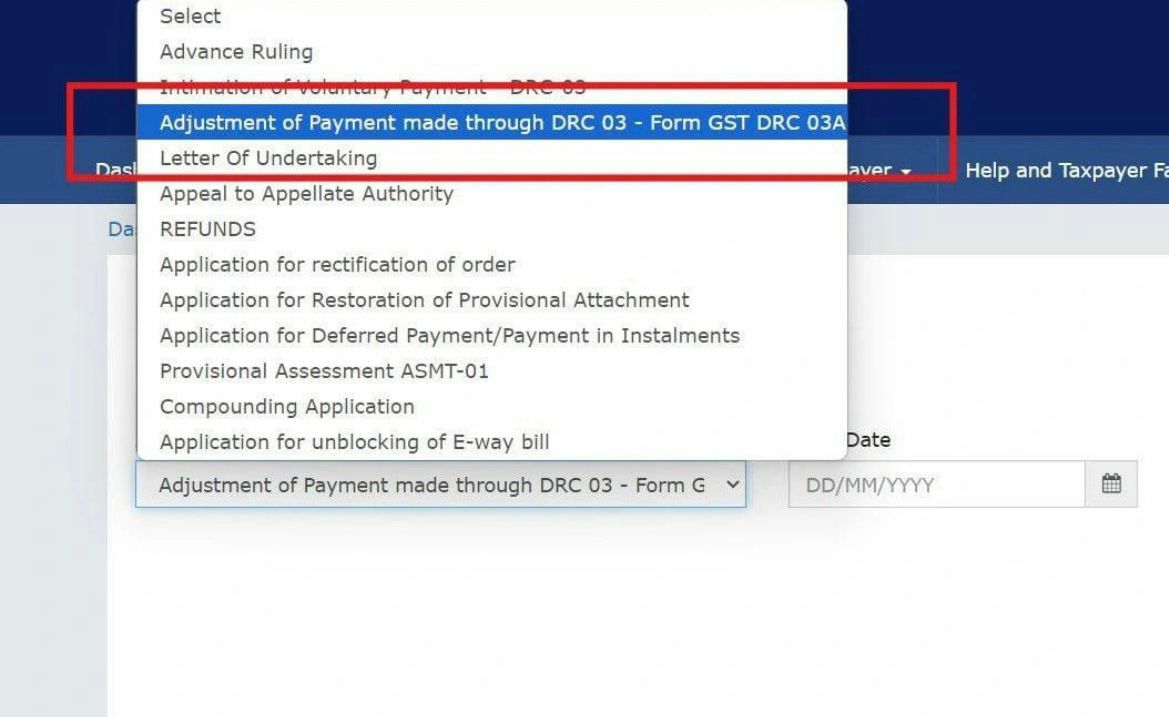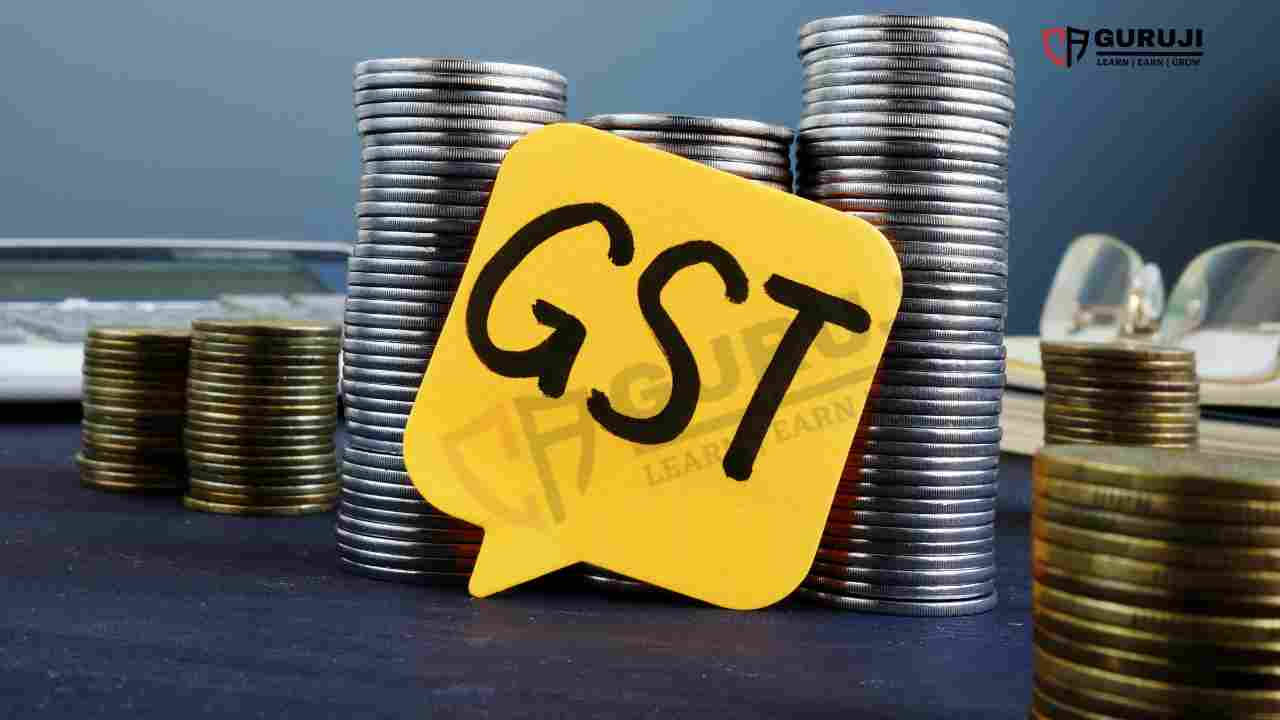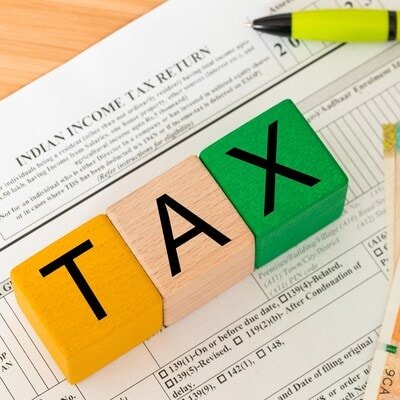The taxability of Extra Neutral Alcohol (ENA), a vital raw material in the alcoholic beverages industry, has long been a subject of contention between the Central Government and the States. While alcoholic liquor for human consumption is outside the ambit of GST and subject to State taxes, the ambiguity surrounding ENA created confusion regarding whether it falls under GST or VAT.
This issue has affected the Input Tax Credit (ITC) mechanism in the industry for several years, as GST paid on ENA could not be set off against non-GST State levies on the final alcoholic beverage product. The industry has been eagerly awaiting relief on this matter, and recent amendments to the GST law have brought clarity.
Key Updates on ENA and GST
Exemption of ENA from GST (Effective November 1, 2024)
The GST Council has finally provided much-needed relief to the alcoholic beverages industry by exempting Un-denatured ENA or Rectified Spirit, used in the manufacture of alcoholic liquor for human consumption, from the purview of GST. This exemption comes into effect from November 1, 2024, as per Notification No. 17/2024 – Central Tax dated September 27, 2024.
Prior to this amendment, ENA was subject to dual taxation under both GST and VAT, creating a complex tax structure for manufacturers. The recent exemption resolves this issue, ensuring that GST will no longer apply to ENA when used to produce alcoholic liquor for human consumption, thereby simplifying the tax burden for manufacturers.
Relevant Constitutional Provisions and GST Exclusion
The Constitution of India clearly outlines the powers of the Union and the States regarding taxation of alcoholic liquor for human consumption:
- Article 246(3) and Entry 54 of the State List empower the States to levy taxes on the sale of alcoholic liquor for human consumption.
- Article 366(12A) defines GST and excludes alcoholic liquor for human consumption from the scope of GST.
- Section 9(1) of the CGST Act has now been amended to exclude Un-denatured ENA or Rectified Spirit used for manufacturing alcoholic liquor for human consumption from GST.
Implications for the Alcoholic Beverages Industry
With ENA excluded from GST, the alcoholic beverages industry will no longer face the complexities of dual taxation. Instead, the States will retain the authority to impose VAT on ENA, as is the case with the final product (alcoholic liquor).
For example, States like Andhra Pradesh have already subjected ENA to AP-VAT. Manufacturers in such States can now set off VAT on ENA against the VAT collected on the final product, ensuring a smoother tax flow and better cash management.
Impact on Other Industries: Pharmaceuticals and Cosmetics
While the exemption benefits the alcoholic beverages industry, it may create challenges for other industries that use ENA as a raw material, such as the cosmetics and pharmaceutical industries. ENA is widely used in the production of perfumes, cosmetics, and pharmaceutical products like cough syrups. Since ENA is now exempt from GST, these industries will be unable to claim Input Tax Credit (ITC) on the ENA they procure, potentially increasing their cost of production.
Timeline of Key Events
| Event | Date | Details |
|---|---|---|
| 20th GST Council Meeting | August 5, 2017 | Discussed the status quo for ENA taxation pending a legal opinion from the Attorney General of India. |
| 31st GST Council Meeting | October 31, 2018 | Reiterated the need for clarification on the taxability of ENA under GST. |
| 52nd GST Council Meeting | October 7, 2023 | Recommended exclusion of ENA used for alcoholic liquor from GST. |
| 53rd GST Council Meeting | June 22, 2024 | Proposed amendments to the GST Law to formalize the exemption of ENA for alcoholic beverages. |
| Union Budget Announcement | July 2024 | Clause 110 of Finance (No.2) Bill, 2024 proposed the legal exemption of ENA for alcoholic liquor. |
| Notification No. 17/2024 – Central Tax | September 27, 2024 | Announced the commencement of ENA exemption from GST effective November 1, 2024. |
Legal Precedents on ENA Taxability
Several legal cases have shaped the debate over ENA’s taxability under State and Central laws:
- State of UP vs Modi Distillery (1995): The court held that States could only levy excise duty on alcohol fit for human consumption, not on ENA in its raw form.
- Bihar Distillery vs Union of India (1997): Distinguished from the Modi case, it held that spirits used to manufacture potable alcohol are subject to State excise duties.
- Synthetics and Chemicals Ltd vs State of UP (1990): Ruled that alcohol meant for industrial use (including ENA) could not be taxed by the States.
- Jain Distillery Private Limited vs State of UP (2022): Ruled that ENA is subject to GST, but this issue is yet to be conclusively resolved by the Supreme Court.
Effect of the GST Exemption from November 1, 2024
The exemption of ENA from GST will reduce the cost burden for the alcoholic beverages industry. The input tax credit (ITC) mechanism will be simpler as manufacturers will not have to navigate between GST and VAT for their inputs and outputs.
However, the cosmetics and pharmaceutical industries, which also use ENA in their production processes, will face challenges, as they will no longer be able to claim ITC on ENA purchases. This is expected to increase the cost of production in these sectors.
The exemption of Un-denatured ENA or Rectified Spirit from GST is a significant development for the alcoholic beverages industry, providing much-needed clarity and relief from dual taxation. However, this change also impacts other industries using ENA, potentially increasing production costs due to the loss of ITC benefits.
The GST Council’s move to resolve this long-standing issue reflects its commitment to simplifying the tax structure and addressing industry concerns. Manufacturers should carefully assess how this exemption will affect their tax planning and production costs moving forward.
Visit www.cagurujiclasses.com for practical courses


